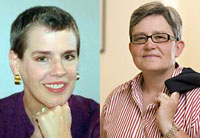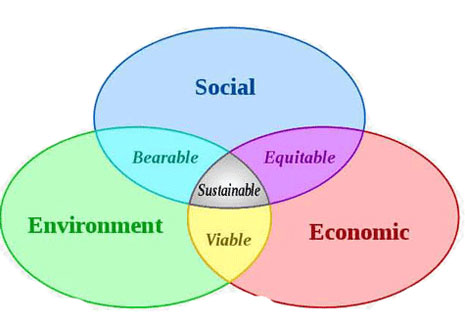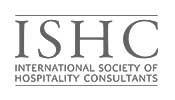Sustainability can pump profits | By Brita Moosmann ISHC, Kit Cassingham ISHC
Sustainable hotel operations are responsible and profitable hotel operations. How so, you might wonder, since it is a common myth that sustainable also is more expensive? Responsible operations means you and your organization are doing what you can to make the bottom line better for all stakeholders—making it profitable for all concerned. You continue to run the hotel with the basic business principles of minimizing costs, increasing productivity and profitability, deleting waste and obtaining access to capital at a lower cost because those principles are also basic to sustainability. But sustainable development goes further and deeper; it becomes a value-creating model if it is planned and implemented well and suitable to the realities of the individual hospitality operation.
Sustainable development is an overlap of business and stakeholder interests. By managing according to principles that will strengthen rather than undermine the hotel's roots in the environment, social fabric and economy, sustainable development makes your hotel viable for the long term instead of being in survival mode in the short term. The concept of the Triple Bottom Line—also known as the 3Ps of people, planet, profit—is a model for attaining and measuring the impact of sustainable operations. Though it looks like an accounting term, and possibly should be, the principles outlined in the book of the same title by Andrew Savitz help you remember that all three elements are necessary in a successful operation: Profit (economic prosperity), people (social responsibility), and planet (environmental protection) will strengthen each other in the right mix and constellation. The following diagram shows the interconnectedness of the three elements:

Where social, economic and environmental considerations overlap is where sustainable profit for all stakeholders will be greatest in the long run. That’s your sweet spot of operation.
In this context, sustainability is more than the green or environmental movement of "reduce," "reuse" and "recycle." It goes beyond that to include "rethink." Being sustainable requires rethinking where you generate waste in your procedures so you can plug that leak, as you would a leak in your plumbing. It also requires considering the consequences of all business actions on the social environment and on all stakeholders, including owners and investors. It sometimes requires thinking outside the box to find better ways of doing things, better ways of using your resources, better ways of communicating and measuring. Rethinking your operations can lead to greater efficiency and thus greater profits and sustainability.
Kit Cassingham, (KC@SageBlossom.com), a member of the International Society of Hospitality Consultants, is chief sustainability officer of Sage Blossom Consulting in Ridgeway, Colorado.

Sustainable F&B operations can create valuable profit partner | By Brita Moosmann, ISHC
Sustainable investment and ROI: What all hoteliers should know | By Kit Cassingham, ISHC
Vesta Consulting
www.vestaconsulting.com/
1070 - 1200 West 73rd Avenue
Vancouver, BC V6P 6G5
Canada
Phone: 604-723-6904
Fax: 775 239.1577
Email: brita@vestaconsulting.com
How to keep the sustainability score | By Brita Moosmann ISHC, Kit Cassingham ISHC
Sustainable F&B operations can create valuable profit partner | By Brita Moosmann, ISHC
